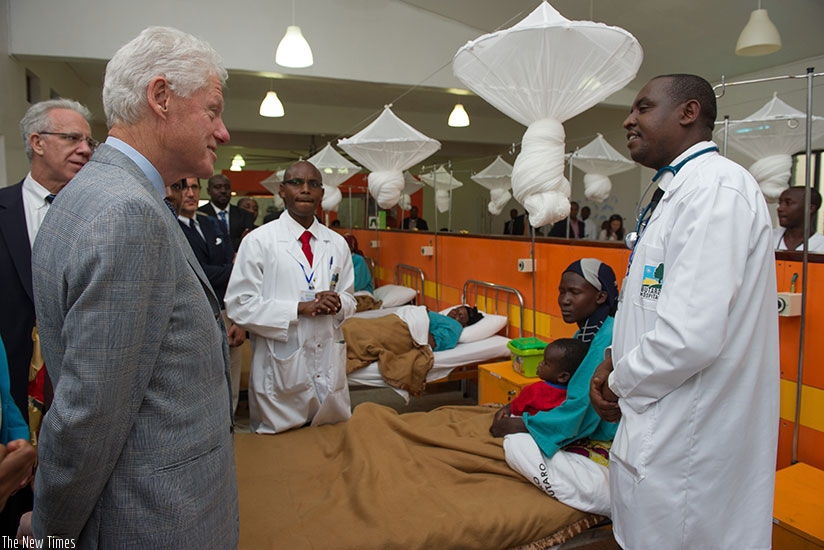Please allow me to remind the good doctor and his expert colleagues attending the conference that Rwanda and the entire sub-Saharan Africa are still replete with unknown and yet unexploited indigenous resources that could contribute to alleviating and even curing the disease, probably in certain cases much better than imported drugs.


Editor, RE: "Cancer in Africa: Making strides, creating solutions” (The New Times, November 4).
Undoubtedly, "all these are laudable achievements we must celebrate and build on”.
However, please allow me to remind the good doctor and his expert colleagues attending the conference that Rwanda and the entire sub-Saharan Africa are still replete with unknown and yet unexploited indigenous resources that could contribute to alleviating and even curing the disease, probably in certain cases much better than imported drugs.
A non-expert in the domain that I am, I think our current plight is not attributable to the paucity of cure ingredients, for cancer and other ill-health affections.
Rather, we badly lack competent personnel to study and transform those immensely rich and yet untapped local resources into readily available and more affordable medicines.
My hope, therefore, is that in the conference, there will as well be a dedicated team reflecting on and devising concrete means on how to arouse interest, and train local medical students, first in safeguarding from currently threatening extinction of local oncological herbarium.
And secondly, after salvaging them on how to transform those own herbal resources into immediately usable drugs.
To me, in replacement of the actual emergency and necessary expedient measures you briefly recall, on the long run instead, our local herbs will thus be much more solid and long term assets to "build on” in dealing with increasing cancer cases in our country, in the continent, and in the entire world—really "making strides and creating solutions”.
Francois-Xavier Nziyonsenga


